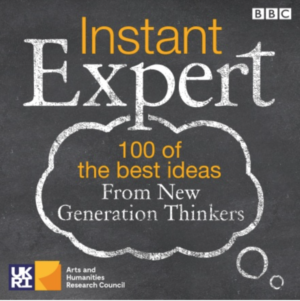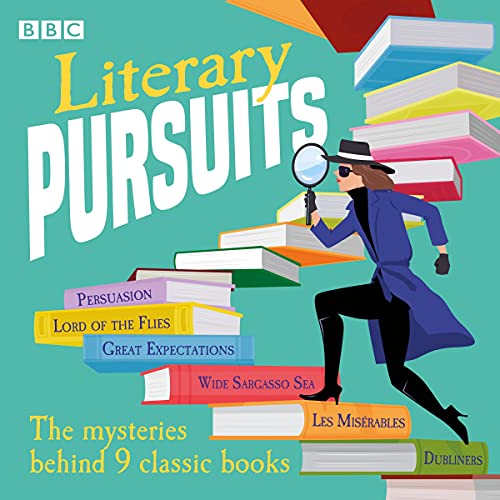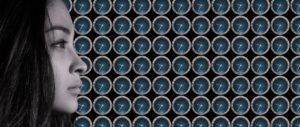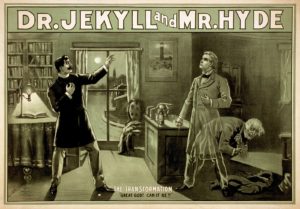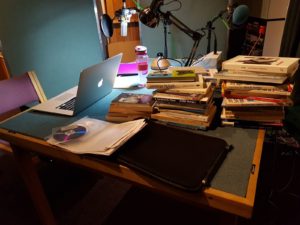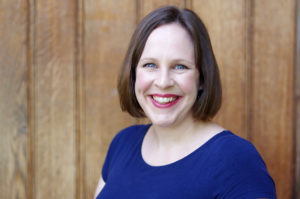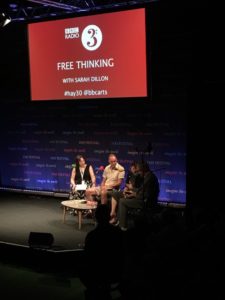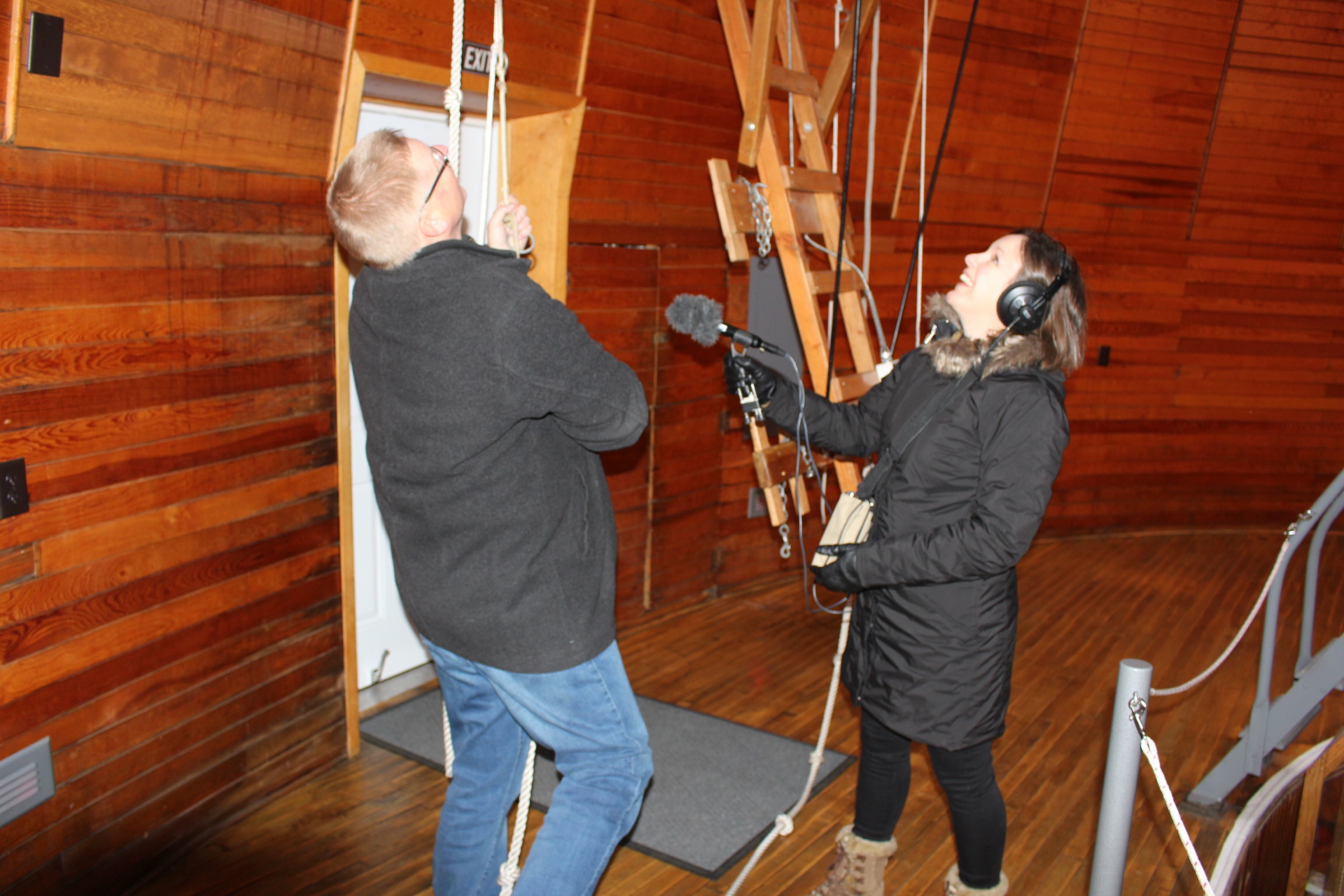Things have been a bit quiet on this blog for the past couple of years, mainly because, as my last post indicated, with the publication of Storylistening in November 2021, most of my public activities have been focused around our storylistening work. They are all recorded on the book’s website, rather than here, so please do pop across to that to find out what I’ve mainly been up to for the past 24 months! But after deciding to take a step back from radio broadcasting and other kinds of public activities in 2018 to focus on academic research, I’ve been gradually making my way back out there. Over the past few years I’ve contributed to BBC Radio 3’s Free Thinking programmes on the future (as Covid swept across the world), John Wyndham’s The Day of the Triffids, Karel Čapek’s play The Makropulos Affair, the history of dystopias, and Philip K Dick’s weird and wonderful biographical novel Valis. It’s been a pleasure to be back in the studio at Broadcasting House where I always feel so at home. I also very much enjoyed writing and presenting a BBC Radio 3 essay on an author I’ve become slightly obsessed with, Philip Wylie. His life and work is so full of contradictions, he’s there everywhere you look when you start poking around in mid-twentieth century US popular culture, and some of his later books in particular are starkly relevant in today’s climate crisis, and yet very few people have heard of him. Find out more in my essay on him here.
Easing into in person events again in 2022, I also fulfilled a life long ambition of meeting Jeanette Winterson. I’m always reminded of the line in Gustav Flaubert’s Madame Bovary when I am about to meet someone I’ve admired from afar – Il ne faut pas toucher aux idoles: la dorure en rests aux mains – but I had nothing to fear in meeting Jeanette. We bonded in the green room of AI UK 22 over our fellow northeness, and I very much enjoyed our interview focusing on her new collection of essays, 12 Bytes, encompassing the future of AI and good BIG questions about humanity, art, religion and the way we live and love! As I told Jeanette, she is (at least partially) responsible for my academic career – I read the word ‘palimpsest’ in Written on the Body, didn’t know what it meant, looked it up in the dictionary, and my PhD and first book were conceived. The rest, as they say, is history. The pages of this website are now being updated to bring the public strand of that history up to date, and I’ll endeavour to keep them so alongside the storylistening page as I enter what feels like a new and exciting phase of that career.

